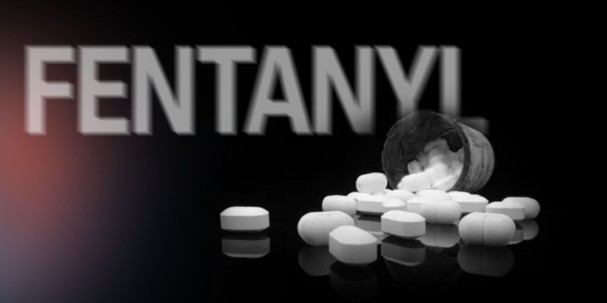New legislation makes all fentanyl-related substances Schedule I drugs, excluding medical use
Washington, D.C. — President Donald Trump signed the HALT Fentanyl Act into law on Wednesday during a ceremony at the White House, in a move aimed at permanently classifying all fentanyl-related substances as Schedule I controlled drugs the government’s most restrictive drug category.
The Halt All Lethal Trafficking of Fentanyl Act targets synthetic opioids and chemical variations of fentanyl, which have contributed to a nationwide crisis and are now the leading cause of death among young adults in the United States.
“We are taking the strongest possible step to keep this poison off our streets,” President Trump said, addressing an audience that included families who lost loved ones to fentanyl overdoses. “This law will save lives.”
The act classifies all fentanyl analogues including copycat versions that previously fell into legal grey areas as illegal substances equivalent to heroin and LSD. However, the legislation includes protections for medical-grade fentanyl, allowing its continued use under regulated healthcare conditions.
Public health officials and law enforcement agencies have long pushed for tougher controls on synthetic opioids, citing the ease with which drug traffickers modify chemical structures to skirt the law. The Drug Enforcement Administration (DEA) praised the bill, calling it “a critical tool in the fight against the synthetic opioid epidemic.”
Critics have warned about the potential for over-criminalization and called for balanced measures that also prioritize addiction treatment and prevention.
The Centers for Disease Control and Prevention (CDC) reported over 75,000 fentanyl-related deaths in 2024 alone, underscoring the scale of the crisis.



